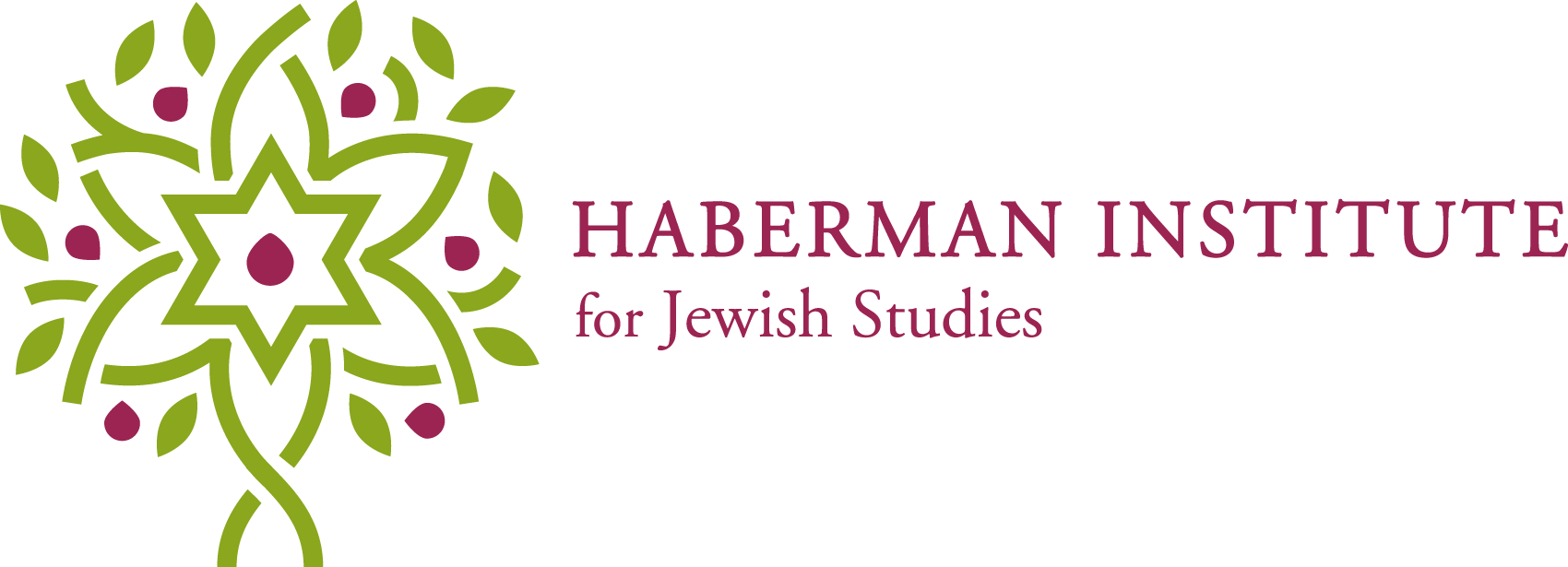Presented by Gideon Amir
Angels, as we think of them today, are not the same as the “Messengers of God” mentioned in the Hebrew Bible. During the Second Temple period (516 BCE – 70 CE), however, the concept of angelic beings evolved into more or less the view of angels that we have today. With that in mind, it is not surprising that angels are mentioned by their names in the New Testament (1st century CE) and in rabbinic literature (1st to 6th centuries CE).
Join us as we trace the evolution of the concept of angels throughout the generations, from the Hebrew Bible through the writings of Josephus.
The Zoom link for this online lecture will be sent to all registrants.
Registration is no longer open for this program. You can watch the recording of the talk online here.
You can learn more about this time period by revisiting past Haberman Institute lectures in our Program Recording Archives, including:
February 7 and 14, 2023 with Dr. Malka Simkovich
The Second Temple Period as a Cultural Bridge: The Apocrypha and Early Jewish Identity
May 31, 2023 with Dr. Michal Bar-Asher Siegal
When Did Judaism and Christianity Part Ways?
Gideon Amir was born in Holland to Holocaust survivors who immigrated to Israel in 1947. He grew up in Jerusalem and served in the IDF as a Paratrooper.
Gideon received his Bachelor’s degree in Mathematics from the Hebrew University in Jerusalem and a Master’s degree in Computer Science from the Weizmann Institute of Science in Rechovot. In 1980, he moved to the United States, where he worked as a manager in several companies including Sperry Univac, British Telecom, and Cisco Systems.
In 1999, he pursued his interest in Judaic Studies and enrolled in a full-time graduate program at Baltimore Hebrew University, where, in May 2001, he received his Master’s degree with honors. Redirecting his passion for teaching from computer science to Jewish and Bible studies, he became an adult Jewish educator for several education programs, including the Haberman Institute, where he continues to teach today.


